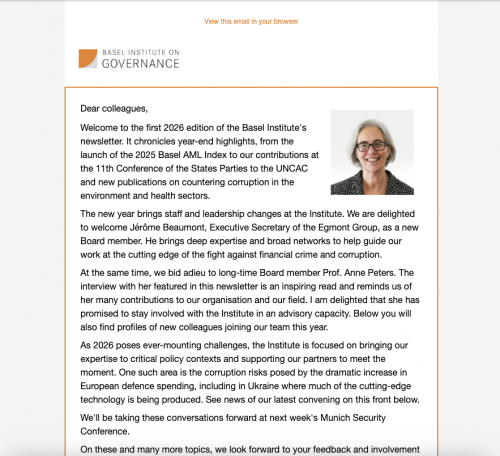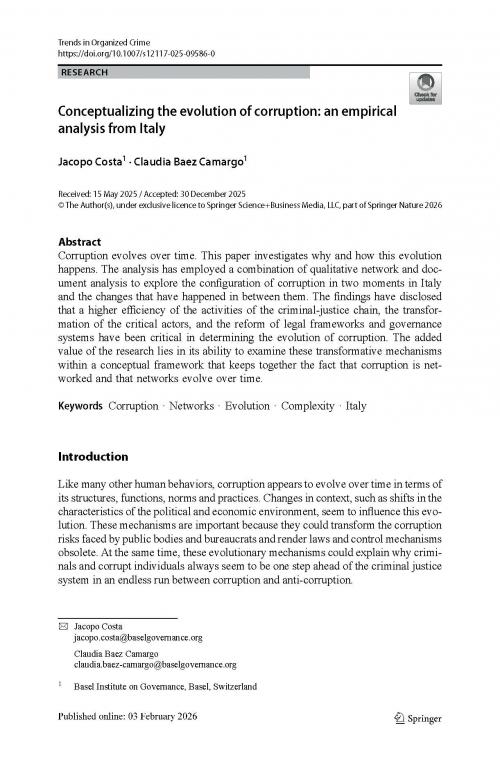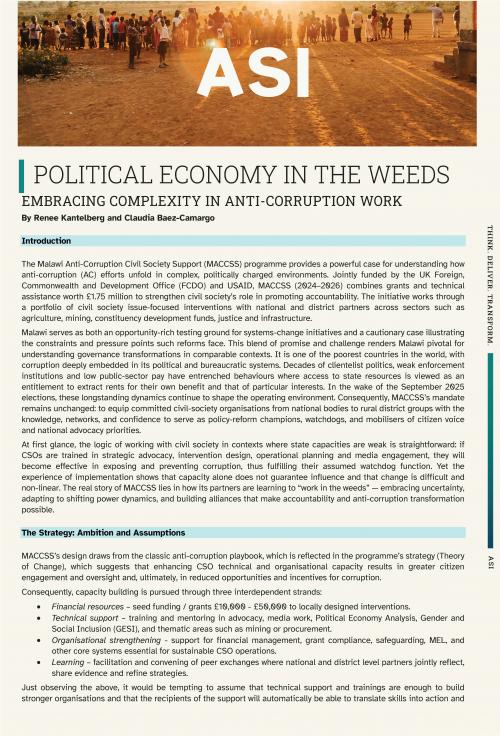G20 High Level Principles on Countering Corruption in Customs: Annex to G20 Hamburg Leaders Declaration
Trade and competition are powerful drivers of growth, increased living standards and job creation. The G20’s growth strategies include reforms to facilitate trade by lowering costs, streamlining customs procedures, reducing unnecessary regulatory burdens and strengthening trade-enabling services.
Customs have significant responsibilities for regulating cross-border trade, including collecting taxes, deterring illicit trade, controlling goods subject to prohibitions or restrictions, and contributing to economic competitiveness by facilitating trade.
Collective action to promote integrity
Each G20 country should adopt a comprehensive strategy to promote integrity in customs, bearing in mind these High Level Principles and taking into account, as appropriate, the good practices identified in the OECD’s Compendium on G20 Members practices on Integrity in Customs and other international recommendations, including those developed by the World Customs Organization, and the United Nations Convention Against Corruption. G20 countries are encouraged to continue sharing their respective strategies and experiences as well as to disseminate best practices to effectively address the risk of corruption in customs.



